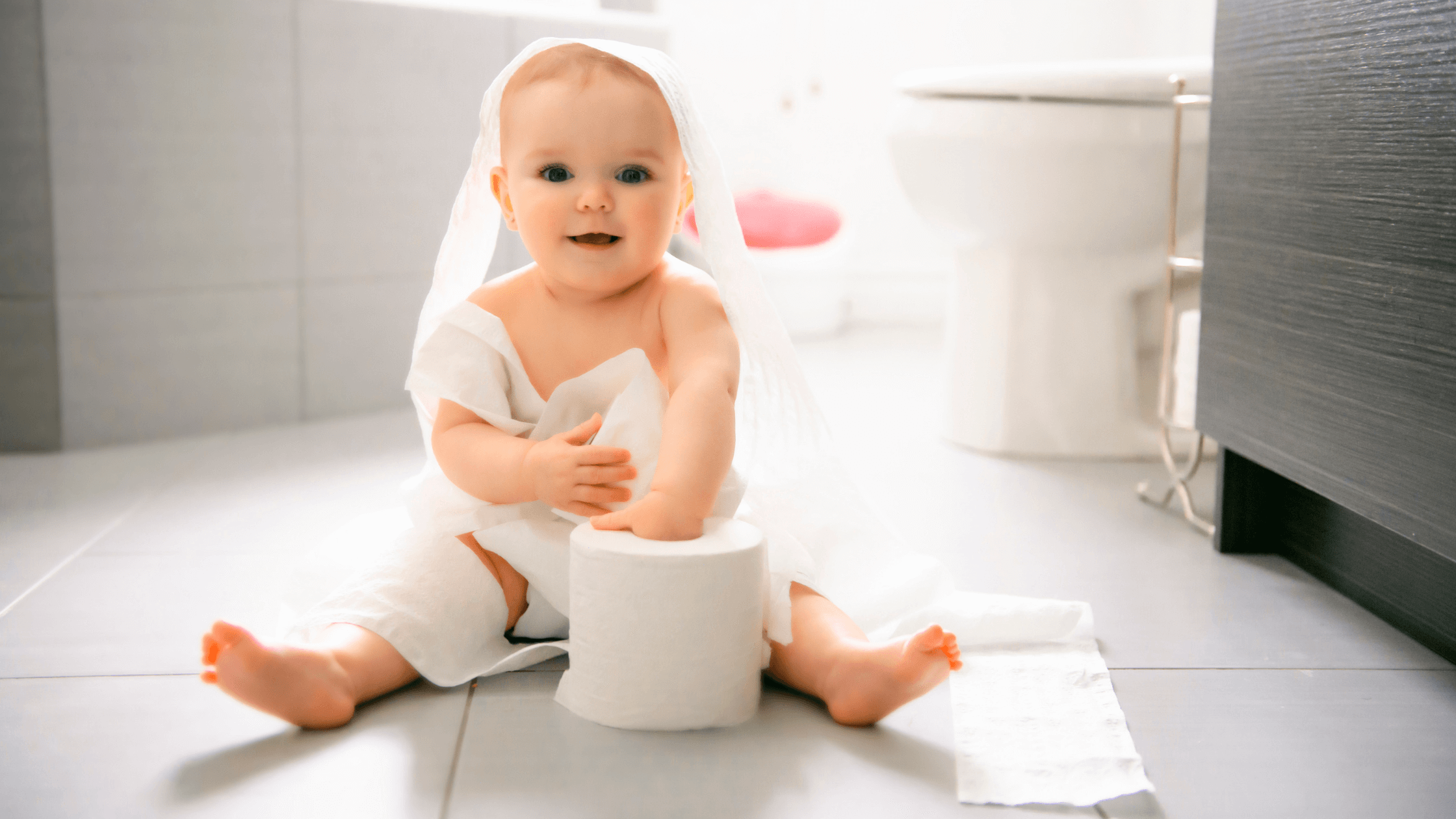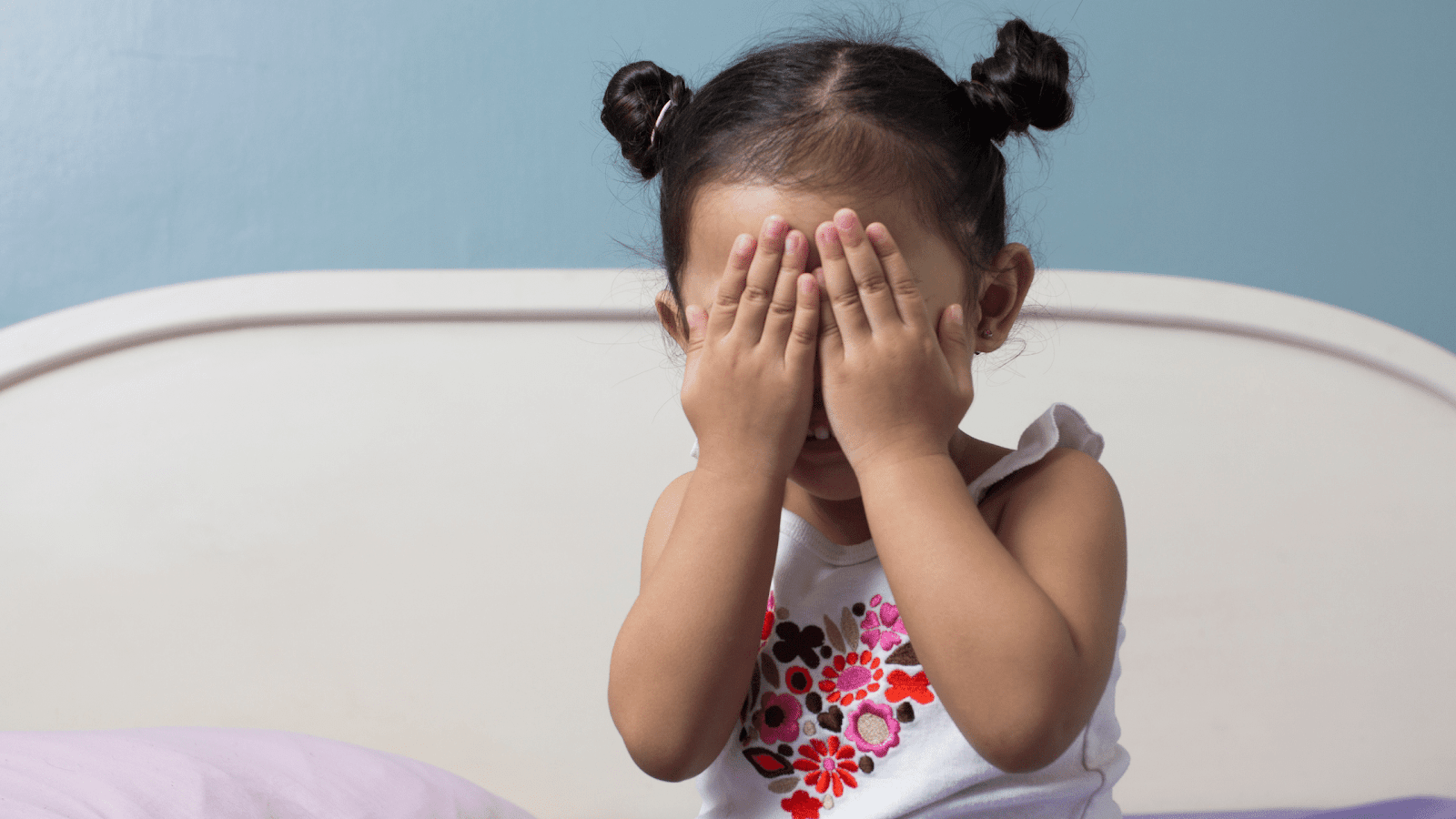When it comes to parenting, it’s fair to say that there are lots of opinions circulating on how it should be done. Sometimes advice from others can be helpful, other times it might not be. That being said when it comes to potty training, differing potty training opinions tend to heighten.
Instead of listening to hearsay and myths, we at Pottiagogo have talked to trusted partners and experts to help our families with the challenges of toilet training. Pottiagogo are proud to bring this ‘Potty Training Myths and Truths’ blog series to you in association with children's bowel and bladder charity, ERIC. This blog series will shed light on the topic of potting training and overcoming potty training hurdles with guidance and advice from ERIC’s team of potty training experts.
In this blog, we will debunk some common potty training myths and old potty training tales that you may have heard and that you might have felt pressure from, so let’s begin debunking!
Common potty training myths debunked:
“Potty training can easily be done over a weekend”
Children can pick up new skills quickly, but getting potty training done over a weekend is an unrealistic pressure to put on yourself and your child! Managing it over a couple of days is the exception rather than the norm. Becoming reliably clean and dry takes weeks or months for some children with lots of accidents along the way. Try not to panic when they have accidents; puddles on the floor are all part of the learning process.
“Wait until your child is at least 2 or even 3 years old before starting to potty train them”
Every child is different; they learn to walk and talk at different times and they learn how to use the toilet at different times too. Potty training is a skill we need to teach our children, just like brushing their teeth. Most children are ready to be potty trained between 18 months and 3 years old but that doesn’t mean you can’t start to talk to them about where wee and poo goes right from when they are young babies. You know your child better than anyone else so don’t feel you have to start potty training just because other people think you should.
“If you start potty training later, it will be done quicker”
The average time it takes to potty train is the same whether your child is between 19-24months or after 25 months. The longer children spend in nappies the harder it can be to persuade them to wee and poo in a potty or toilet.
“Becoming potty trained means your child will soon stop needing a night-time nappy”
Just because your child has potty trained and is reliably clean and dry in the day it doesn’t always follow that they will stop being wet at night. Night-time training is quite different from daytime toilet training. Your child's bladder is still maturing up to the age of five and achieving continence whilst children sleep is expected to take longer than the daytime.
“Pull ups help children to potty train”
Pull ups are convenient and may seem as though your child is moving on a stage from nappies. However, they are very good at keeping children dry and comfortable just like their nappy did! For potty training to be successful, it’s best to go straight to pants from nappies as this will help your child to learn the signals they need to be aware of to show it’s time to sit on the potty or toilet. Substituting pull ups for nappies or pants is more likely to slow this learning process down.
“You should wait for warmer weather before beginning potty training”
It can be tempting to wait for sunnier days before starting because it means children can wear less and washing is easier to dry. However, your child may show signs of readiness in the middle of winter so why wait to begin?! Just remember to make sure their clothes are easy for them to pull up and down themselves so jogging bottoms and leggings rather than dungarees and fiddly buttons or zips.
“Limiting how much your child drinks will make it easier to potty train them”
The opposite of this is actually true! To maximise potty training success and help to keep children’s bladder healthy, it’s really important that they keep drinking plenty of water-based fluids. Between 6 – 8 drinks spread throughout the day is best. This will help to give them a good strong signal when their bladder is getting full that pee is on its way and they need to get to the potty.
“It’s important to stay home and avoid going out for the first couple of weeks of potty training”
It can reduce stress levels to wait until things are going well with potty training at home before going out and about, but that isn’t always possible. Try to keep your first trips short, plan where you’re going and find out where the nearest toilet is. Remember to take everything you may need like the potty, wipes and a change of clothes.
We hope this blog puts your mind at ease and helps you realise that there are a lot of potty training myths out there and it is ok to question them in order to sift the myths and uncover the potty training truths.
Where to get help with potty training
Visit ERIC's ‘Let’s Go Potty’ website, here.
Discover more potty training tips, here.
Shop our range of travel potties, here.
Related blog: Potty Myths & Truths in association with ERIC - Potty Accidents At Nursery or Preschool


